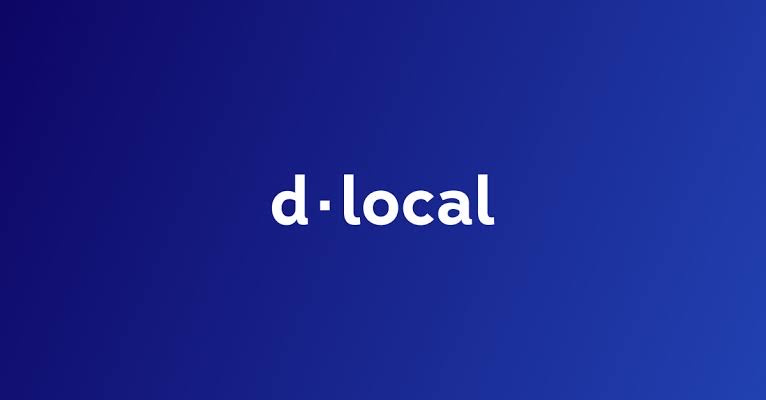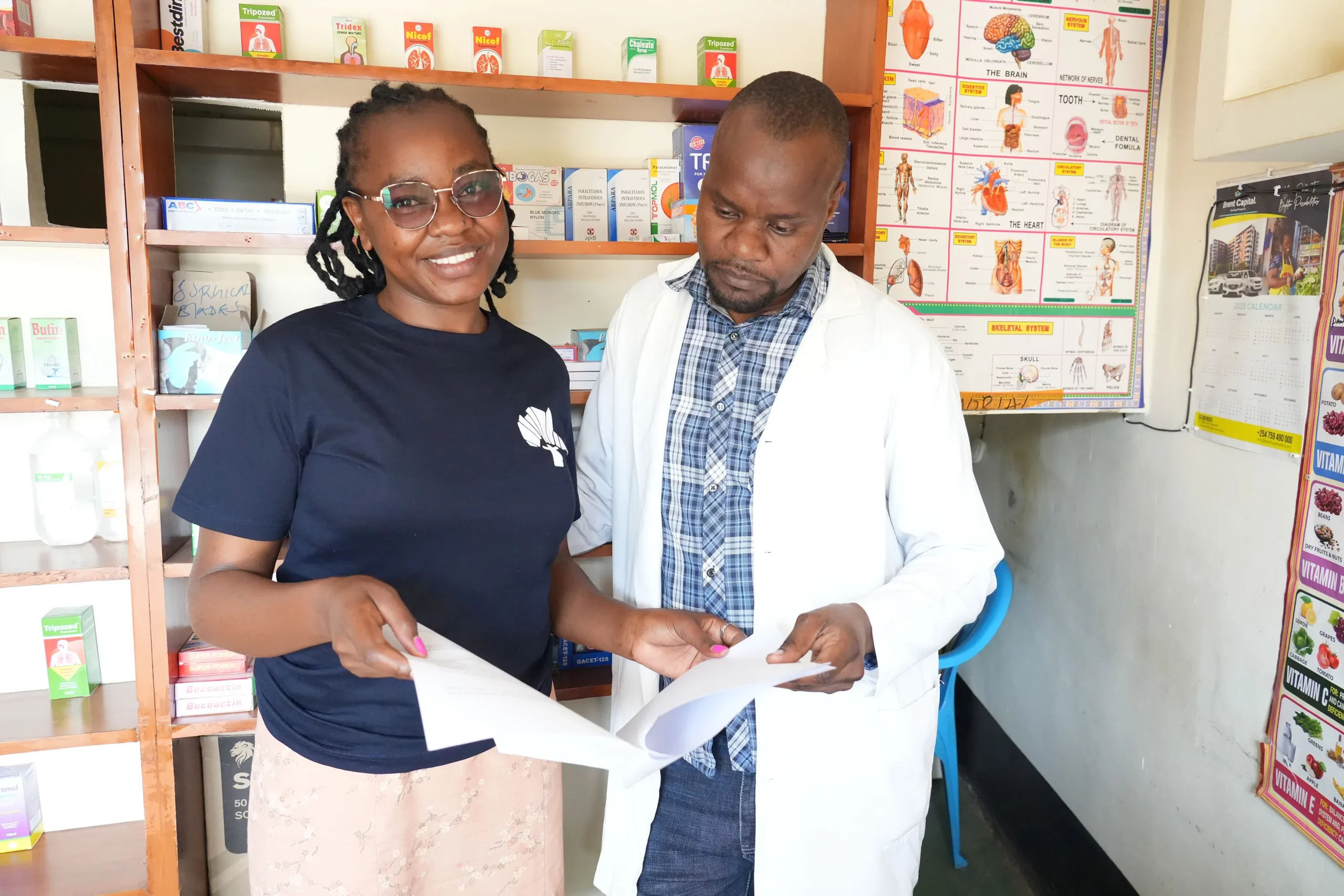Despite the presence of Africa’s homegrown payments giants, dLocal sees an opportunity for itself in Africa’s growing payment market.
Uruguayan-born payments company, dLocal has secured payment service provider licences from the Central Bank of Kenya and the National Bank of Rwanda. dLocal also recently secured a similar license from the Central Bank of Nigeria.
Founded in 2016, dLocal is a cross-border payment processor that connects global merchants to emerging markets. The payments company says it is committed to Africa because merchants are signalling strong demand for reliable and secure digital payment solutions across the continent. In August 2022, a McKinsey report pointed out that African fintechs have an average penetration of between 3% and 5% (excluding South Africa) in terms of revenue generated by traditional financial services providers like banks. The consulting firm predicted that revenues for African fintechs could grow 800% by 2025, from an estimated $6 billion in 2020.
All told financial service revenues from Africa are expected to grow 10% per year until 2025. This growth could generate revenues of up to $230 billion, McKinsey said. Payment services and wallets are two of the fastest growing segments accounting for 20% each of expected revenue growth. It is this growing market that dLocal seeks to tap into.
By acquiring payment services licences in Nigeria, Kenya and Rwanda, dLocal can now process local payments in all three countries, without needing to rely on a third-party provider, while ensuring regulatory compliance. “Africa is forecast to surpass half a billion e-Commerce users by 2025, which will have shown a steady 17% compound annual growth rate (CAGR) of online consumers for the market,” Adebiyi Aromolaran, Head of Expansion Africa at dLocal explained. According to McKinsey, online payments acquiring, gateways and aggregation are whitespaces in the payments landscape.
dLocal is betting that shifting consumer habits (to online services) presents an opportunity. “The continent continues to show tremendous untapped e-Commerce opportunity, and people in Kenya, Nigeria and Rwanda are encouraged to use more and more digital payments every day by new regulations and payment opportunities,” Aromolaran said.
dLocal allows international merchants like Uber, Microsoft, Booking.com and Shopify to accept cash, mobile money, Visa and Mastercard cards. As well as locally issued debit, credit and prepaid cards from one direct API, platform and with one contract. Cards, cash and mobile money are the dominant forms of digital payment in Africa.
“The regulatory payment framework in African emerging countries varies immensely. Receiving payment service provider licenses in all three countries, Kenya, Nigeria, and Rwanda are great milestones in our mission to be a truly local payment partner for our global merchants, and the licenses advance our objective to leverage the scalability of our technology to broaden our geographic footprint in Africa,” Adebiyi, noted. By prioritising expansion in Africa, dLocal is offering an alternative to local payment providers like MFS Africa, Cellulant, Paystack, and Flutterwave. That the company sees an opportunity for itself in Africa perhaps puts paid to the argument that the fintech space in Africa is overcrowded.
dLocal which is the first Uruguayan unicorn is listed on the Nasdaq stock exchange. The firm raised (disclosed) funding of $357 million between 2016 and 2021, according to data from Crunchbase. The firm processes payments in 40 countries across Europe, the Middle East, Latin America, Asia and Africa.




















